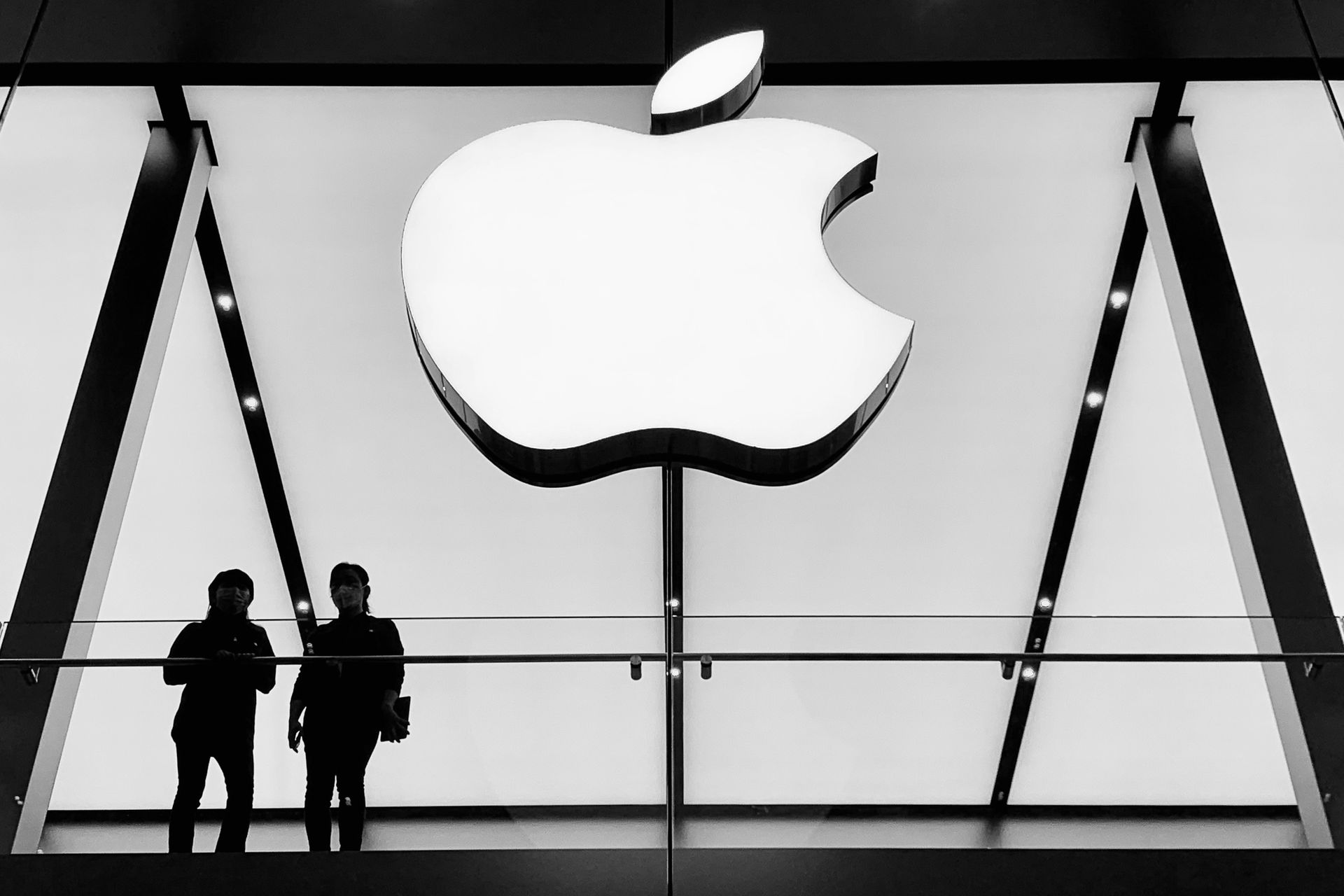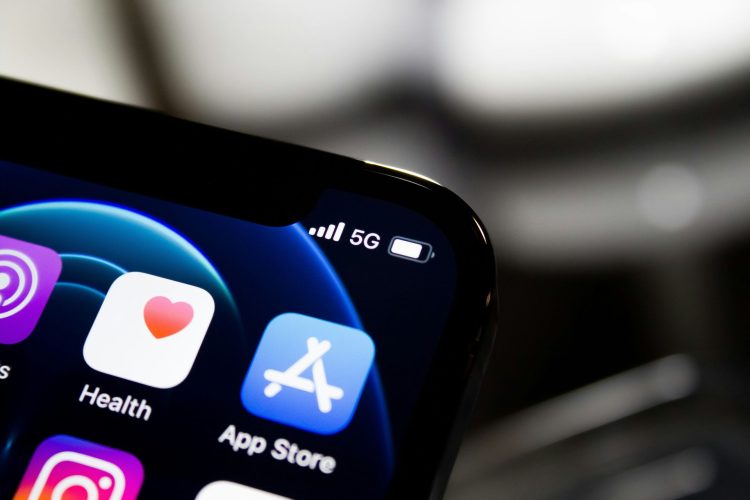In 2020, we shared with you that Epic Games was completely removed from the App Store for trying to bypass Apple’s payment system in Fortnite.
Although Apple was later forced by a court ruling in 2021 to allow App Store app developers to connect with external payments, Epic argues that this policy is still anti-competitive
Epic finds Apple’s App Store policies anti-competitive
Epic argues that Apple’s 27 percent commission for external payments (12 percent for small developers) is unfair and harmful to developers and consumers.
On the other hand, Epic argues that Apple has asked Apple not to direct customers to alternative payment options within apps, which is anti-competitive.

This is where the judge’s decision will be crucial. If the judge rules in Epic’s favor, Apple will have to lower its commission rates and stop taking commissions from external payments. If the judge rules in favor of Apple, the status quo in the App Store will continue.
Epic’s fight against Apple has implications for all app developers and consumers. The case outcome could lead to increased competition in the App Store and lower app prices.
Meanwhile, Christian Owens, founder of payment processor Paddle, and Benjamin Simon, founder of fitness app Down Dog, have joined Epic.

The outcome of the case remains uncertain. If the judge rules in Epic’s favor, Apple may be forced to lower its commission rates or stop taking commissions from external payments. If the judge rules in Apple’s favor, the status quo in the App Store will continue.
Regardless of the outcome of Epic’s claim, this case is part of a wider debate questioning Apple’s monopoly position on the App Store. In the future, Apple’s App Store could be subject to further regulation, affecting the entire app ecosystem.
Featured image credit: James Yarema / Unsplash





